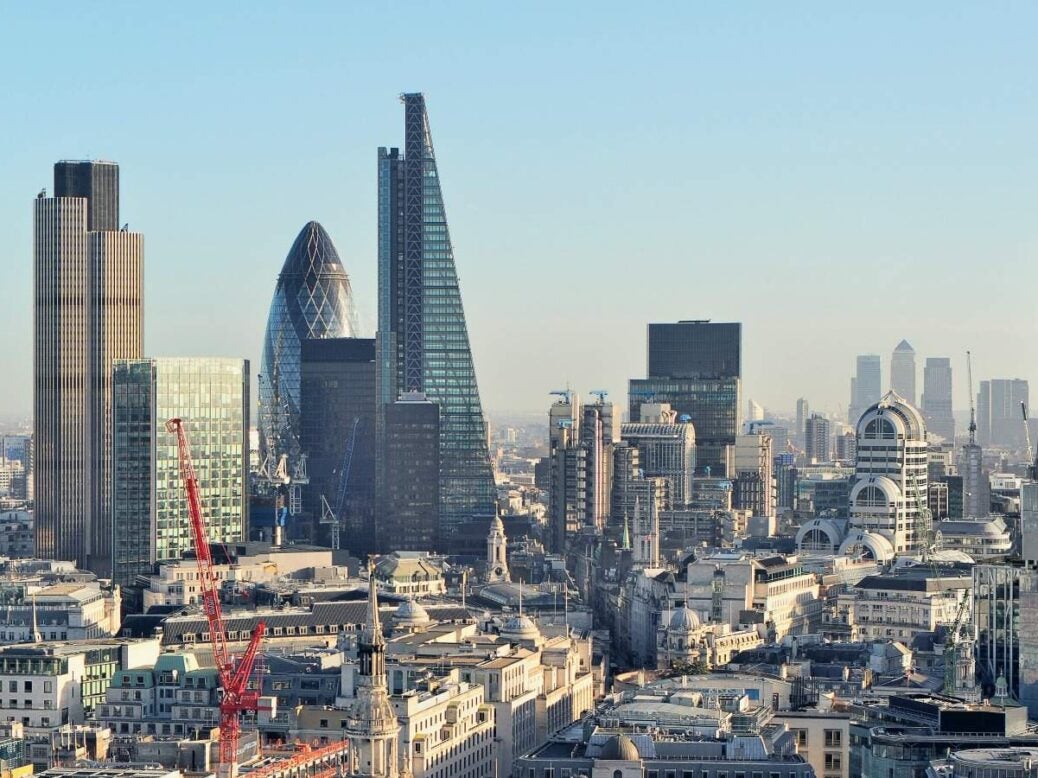
As more than a sixth of the UK population are now top-earners, it’s time to slash the top rate tax even further, writes Olenka Hamilton
When Nigel Lawson cut income tax for top-earning Britons from 60p to 40p it was considered a radical decision — one that was loathed by Labour and welcomed by the rich who considered it fair and favourable in equal measure.
Today, though, the rate targets a larger proportion of the society than it originally intended to due to population growth and a healthy dose of inflation. Indeed, according to figures released by the taxman last month, the percentage of Britons paying the top tax rates has doubled in the past two decades which means it’s no longer a tax merely affecting the rich.
The higher rate tax has in fact morphed into more of a standard tax rate as more people than ever fell into either the old higher 40 per cent or the additional 45 per cent tax brackets in 2015/16. And the numbers are only going to keep to going up. Revealed by HM Revenue & Customs (HMRC), the figures showed 4.51 million Britons paid 40 per cent tax and a further 362,000 paid 45 per cent. This compares just 2.13 million people paying 40 pence in the pound in the mid-1990s.
Lord Lawson himself has long urged the government to address the discrepancy. ‘Far too many people are paying the 40 per cent rate,’ he warned ahead of then chancellor George Osborne’s 2014 spring budget. ‘The total should be much closer to the number when I was chancellor. It was intended for the rich, the well-off. The people who are paying it today are middling professionals who should not be in the higher rate.’
It’s obviously no surprise, since more people than ever are working in Britain today. The UK’s population, which was at 57 million in 1988, is expected to reach an estimated 66.5 million by the end of 2018. It’s natural that more people would be earning in this high tax bracket set in 1988. Unfortunately for them, however, £100,000, for example, went a lot further in 1988 than it does today.
It’s surely high time for an adjustment to the tax which was intended for a small proportion of Britain’s workforce – or more specifically, one twelfth of working people? Today, it has become more of a standard-rate tax, with one in six Britons pays at least 40 per cent tax.
A favourable tax rate is absolutely vital for a country like Britain which wants to retain its crown as one of the world’s financial superpowers. Everyone saw what happened in France when Francois Hollande brought in his famous ‘super tax’ which imposed 75 percent income tax on individuals earning more than 1 million euros. It didn’t make France very popular and although the predicted mass exodus didn’t happen to quite the extent predicted, the damage to France’s appeal as a home for top-earners was significant. Indeed, around the same time, Boris Johnson was boasting about London being one of the biggest French cities by population, thanks in no small measure to those fleeing Hollande’s tax regime.
‘The reform clearly damaged France’s reputation and competitiveness,’ said Jorg Stegemann, head of Kennedy Executive, an executive search firm based in France and Germany. Unsurprisingly, the tax was quietly withdrawn just two years later, after one adviser at the time, a certain Emmanuel Macron, warned it was a Socialist step too far that would turn France into ‘Cuba without sun’.
Britain’s rich are still better off than Germany’s and Russia’s – but not very much – where the higher rate is around 47 per cent. But they are a long way off Hong Kong where top-earners pay just 15 per cent income tax. When you consider stamp duty — now at 10 per cent over property purchases of £925,000 and 12 per cent above £1.5 million — it’s hard to escape the conclusion that the time-honoured principle of asking the broadest shoulders in society to take the strain is reaching a tipping point.
A lower higher-rate would help Britain stay competitive. Perhaps, as well as finding some extra cash for the NHS, this could nudge up the government’s agenda for the moment that the Brexit dividend finally hoves into view.
Olenka Hamilton is staff writer at Spear’s
Related
How to improve ‘migraine-inducing’ inheritance tax
MPs are wrong to jump the gun on tax transparency
Cliff edge averted. What now for Brexit?






